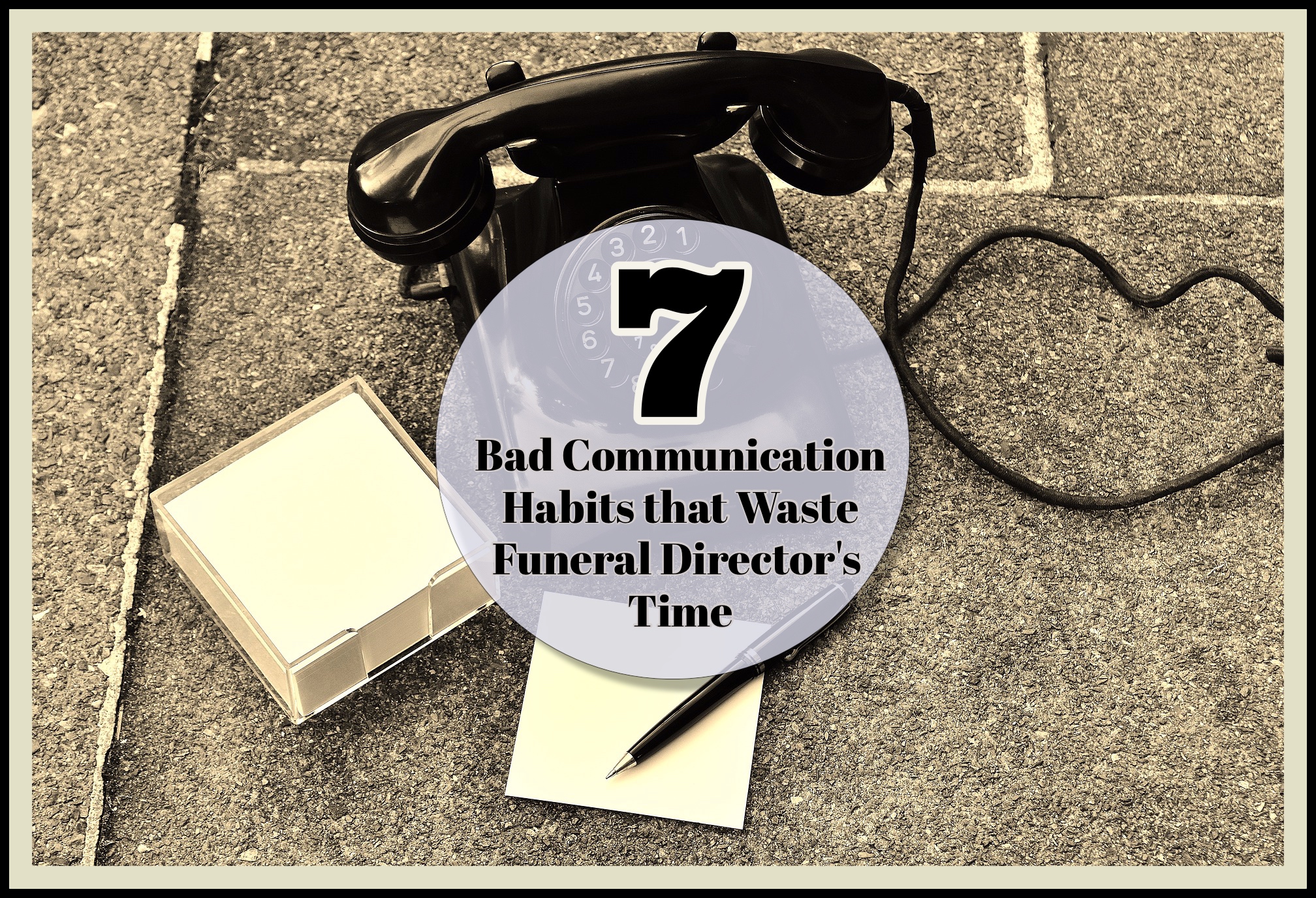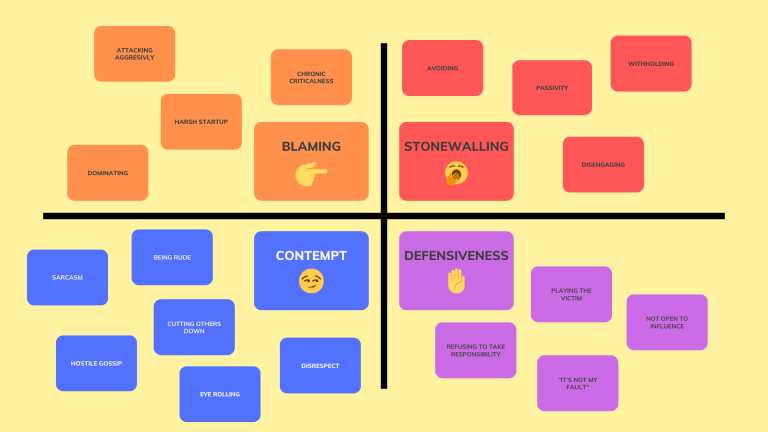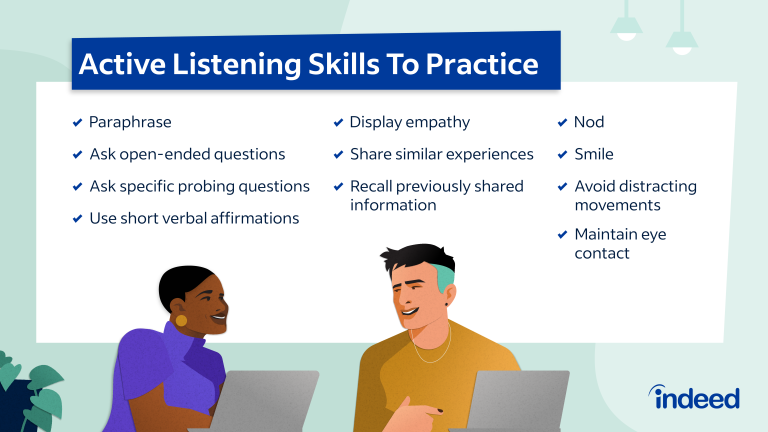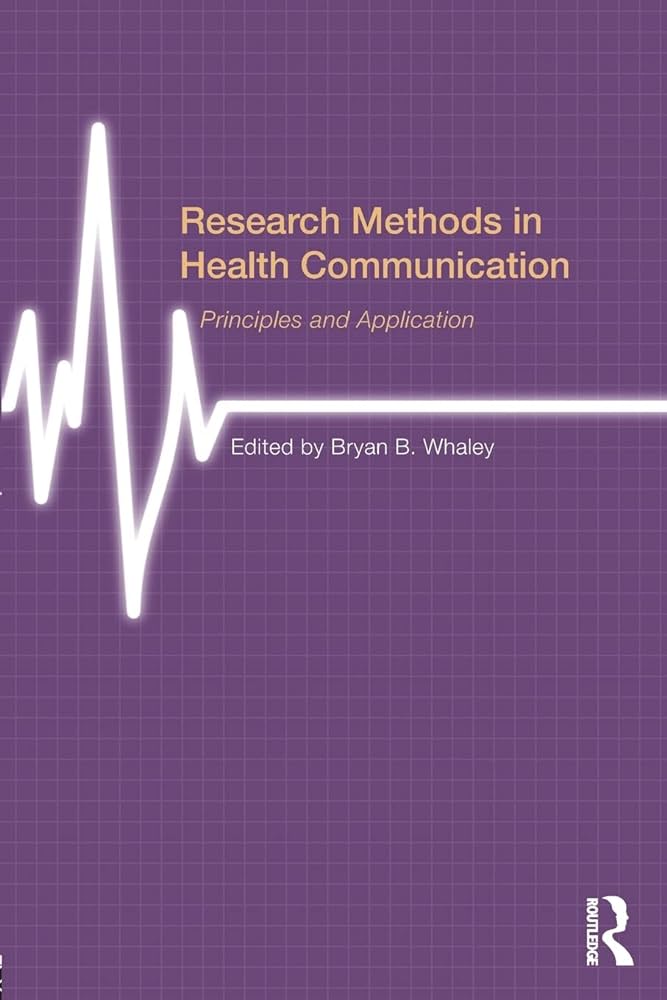Which Communication Skills Help to Eliminate Miscommunication
Active listening is a skill in communication that helps to eliminate miscommunication. When practiced effectively, active listening ensures clear understanding and minimizes misunderstandings, fostering effective communication between individuals or groups.
By attentively focusing on the speaker, asking clarifying questions, and providing feedback, active listening promotes accurate comprehension, reduces misinterpretations, and enhances overall communication effectiveness. It encourages an open and respectful dialogue, allowing both parties to feel heard and understood, leading to stronger relationships and successful outcomes.
Perfecting the skill of active listening is essential for effective communication and can significantly minimize miscommunication.

Credit: everyonesocial.com
The Importance Of Effective Communication Skills
Effective communication skills play a crucial role in eliminating miscommunication. One key skill is active listening, which involves fully engaging with the speaker to understand their message. Nonverbal communication also aids in achieving better understanding by considering body language and facial expressions.
Clarifying and confirming information helps to prevent misunderstandings. Building empathy and emotional intelligence enhances communication by understanding others’ perspectives. Using clear and concise language eliminates ambiguity and ensures clarity. Avoiding jargon and technical terms helps in communicating with a wider audience.
Utilizing simple and plain language makes information accessible and easy to comprehend. Developing effective feedback and questioning skills encourages open dialogue. Providing constructive feedback enables growth and improvement. Asking open-ended questions promotes deeper conversation and exploration of ideas. By mastering these communication skills, miscommunication can be minimized, leading to more effective and meaningful interactions.
Techniques To Enhance Communication Skills
Effective communication skills are essential for eliminating miscommunication in any situation. Enhancing these skills involves various techniques. Active listening is crucial in understanding others, while reflective listening helps clarify their thoughts. Paraphrasing ensures clear comprehension of the message. Nonverbal communication, such as body language and facial expressions, conveys meanings beyond words.
Eye contact and gestures help establish rapport and trust. Strategies like clarifying and confirming information prevent misunderstandings. Summarizing and repeating key points reinforce understanding. Asking for examples and specifics adds clarity to conversations. Emotional intelligence techniques, like showing empathy and understanding, foster better communication.
Recognizing and managing emotions enables effective dialogue. By utilizing these skills, individuals can overcome miscommunication and foster meaningful connections.
Practical Tips For Effective Communication
Miscommunication can be eliminated by being clear, specific, and using active voice. Ambiguity should be avoided. When it comes to interpersonal communication, focus on the speaker and avoid interruptions. Showing respect and patience is vital. For effective feedback, provide specific, actionable input and ask thought-provoking questions.
While giving feedback, practice active listening. By following these practical tips for effective communication, both verbal and written, you can enhance your communication skills and minimize misunderstandings. Remember to be concise and avoid repetitive terms to keep readers engaged. Strengthen your ability to communicate effectively and foster better understanding in various settings by implementing these strategies.
Frequently Asked Questions Of Which Skill In Communication Helps To Eliminate Miscommunication
Which Is The Most Important Skill To Promote Effective Communication?
Active listening is the most important skill for effective communication. It involves fully concentrating on the speaker, understanding their message, and responding appropriately. Active listening helps build trust and mutual understanding, improving communication overall.
How Can Non-Verbal Communication Avoid Miscommunication?
Non-verbal communication helps avoid miscommunication by providing additional cues and context beyond spoken words. Facial expressions, body language, and gestures enhance understanding and help convey emotions and intentions. Eye contact establishes engagement and connection, while posture and hand movements provide emphasis and clarity.
A warm smile can indicate friendliness and openness, while a furrowed brow may signal confusion or concern. Non-verbal cues fill the gaps in verbal communication by adding layers of meaning and nuance. This improves comprehension and reduces the chances of misinterpretation or misunderstanding.
For instance, crossed arms may suggest defensiveness or disagreement, while nodding one’s head can indicate agreement or affirmation. By paying attention to non-verbal cues, we can better understand others and ensure effective communication in both personal and professional settings.
What Are The 3 Types Of Verbal Communication?
Verbal communication can be categorized into three types: oral, written, and visual. Oral communication involves using spoken words to convey messages, opinions, and information. It includes face-to-face conversations, telephone calls, presentations, and discussions. Written communication consists of conveying information through written words, such as emails, memos, reports, and letters.
This type of communication allows for more permanent records and is essential for documentation. Visual communication utilizes visual aids like images, charts, graphs, and videos to enhance understanding and convey messages. It is particularly useful when sharing complex data or concepts.
These three types of communication play crucial roles in effectively transmitting information and ideas between individuals and groups.
Which Communication Style Is The Key To Successful Interpersonal Relationship?
The key to a successful interpersonal relationship lies in effective communication. Open and honest communication fosters understanding, trust, and connection between individuals. It involves active listening, expressing thoughts and feelings clearly, and avoiding misunderstandings. Choosing the right communication style is crucial, and assertive communication is often considered the most effective approach.
It involves expressing oneself confidently, while still respecting the opinions and feelings of others. Assertive communication allows individuals to assert their needs and boundaries, and also encourages active problem-solving and collaboration. By being assertive, individuals can assert themselves without being aggressive or passive.
This style promotes healthy and balanced relationships, where both parties feel heard and respected. Developing assertive communication skills can enhance interpersonal relationships and lead to more fulfilling connections with others.
Conclusion
Effective communication is the cornerstone of any successful interaction, be it personal or professional. The skill that stands out as a key factor in eliminating miscommunication is active listening. By actively listening to what others are saying, we can enhance understanding, build trust, and establish a strong foundation for effective communication.
Additionally, active listening allows us to clarify any misinterpretations or misunderstandings that may arise during conversation. By truly paying attention to the speaker, focusing on nonverbal cues, and asking clarifying questions, we can ensure that our message is accurately received and understood.
This skill not only improves communication within relationships but also enhances productivity and reduces conflicts in workplaces. By harnessing the power of active listening, we can navigate through the complexities of communication and foster positive connections with others. So, let us practice active listening and unlock the key to eliminating miscommunication in our personal and professional lives.




